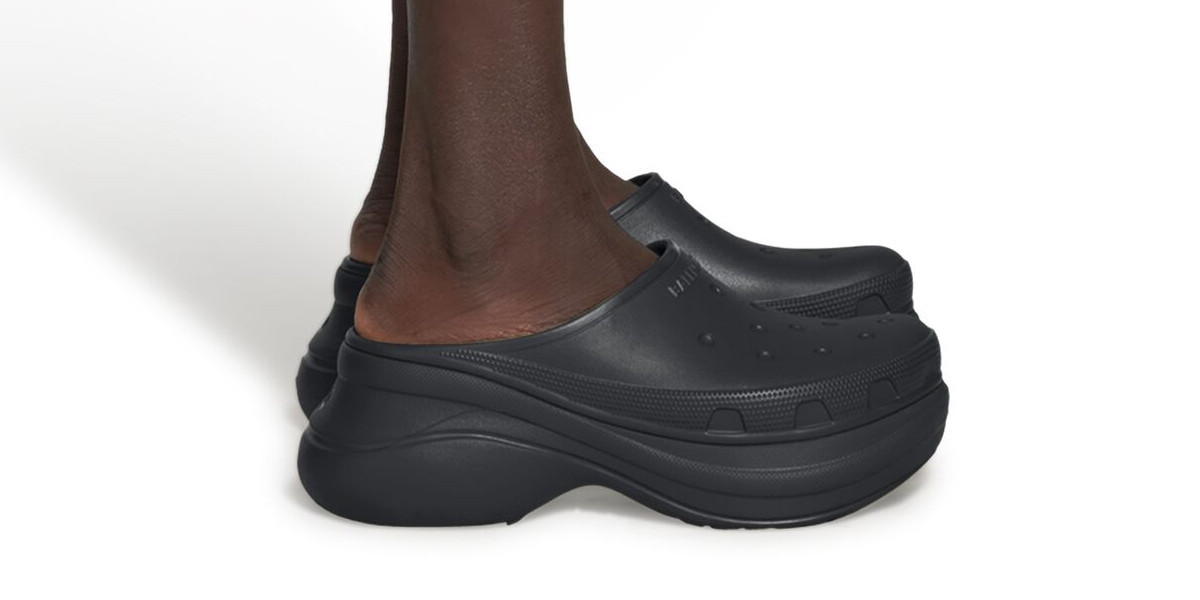Lyme disease, a tick-borne illness caused by the bacterium Borrelia burgdorferi, has been known to impact various systems in the body, from the skin and joints to the nervous system. But what about its effects on dental health? Can Lyme disease contribute to tooth loss? This article delves into the relationship between Lyme disease and dental health, exploring potential connections and implications for oral care.
Understanding Lyme Disease
What Is Lyme Disease?
Lyme disease is primarily transmitted through the bite of an infected black-legged tick, commonly known as the deer tick. The infection manifests through a range of symptoms, including fever, fatigue, headache, and a characteristic bull's-eye rash. If untreated, the disease can progress to more severe stages, affecting the joints, heart, and nervous system.
Symptoms and Stages of Lyme Disease
The disease progresses through several stages, each with distinct symptoms:
Characterized by the bull's-eye rash (erythema migrans) and flu-like symptoms.
Can involve multiple rashes, neurological symptoms, and joint pain.
Involves more severe symptoms such as arthritis, neurological impairments, and chronic fatigue.
Lyme Disease and Oral Health
General Impact on Health
Lyme disease can affect various bodily systems, leading to widespread inflammation and immune response alterations. These systemic changes can influence overall health, which in turn can impact dental health.
Potential Oral Symptoms
Whilecauses of Lyme disease is not directly linked to dental issues, some indirect connections may influence oral health:
Lyme disease triggers systemic inflammation, which might affect oral tissues and exacerbate pre-existing dental problems.
Treatment for Lyme disease often involves antibiotics, which can disrupt oral microbiota and potentially lead to oral health issues like candidiasis (oral thrush).
Lyme Disease and Tooth Loss: Is There a Connection?
Systemic Effects on Dental Health
Although Lyme disease itself does not directly cause tooth loss, its systemic effects could contribute to oral health issues that might lead to tooth loss if not managed properly:
Chronic inflammation from Lyme disease can exacerbate gum conditions. If left untreated, gingivitis can progress to periodontitis, a serious gum infection that damages the soft tissue and bone supporting the teeth.
Lyme disease can affect the TMJ, leading to pain and discomfort in the jaw that might impact oral hygiene practices, potentially leading to neglect of dental care.
Effects of Lyme Disease on Oral Hygiene
The chronic fatigue and malaise associated with Lyme disease can reduce a person's ability to maintain regular oral hygiene routines. Poor oral hygiene is a significant risk factor for dental issues such as tooth decay and gum disease, which can ultimately lead to tooth loss.
Preventive Measures and Management
Importance of Regular Dental Check-ups
Regular dental check-ups are crucial for individuals with Lyme disease. Dentists can help manage potential complications by:
Regular cleanings and examinations can catch early signs of gum disease or other oral health issues.
Dentists can evaluate and address any TMJ disorders that might arise due to Lyme disease.
Managing Lyme Disease to Protect Oral Health
Effective management of Lyme disease can help mitigate its impact on oral health:
Completing prescribed antibiotic regimens and following up with healthcare providers can prevent disease progression and its potential oral health consequences.
Good oral hygiene practices, such as brushing twice a day and flossing daily, are essential. Using fluoride toothpaste and mouth rinses can help protect against dental problems.
Holistic and Integrative Approaches
Nutritional Considerations
A balanced diet can support both overall health and oral health. Nutrients that are particularly important include:
Essential for gum health and healing.
Important for maintaining healthy teeth and bones.
Managing Stress and Pain
Chronic pain and stress from Lyme disease can affect oral health. Techniques for managing stress, such as mindfulness or counseling, and addressing pain with appropriate treatments can contribute to better overall health and oral care.
Conclusion
While Lyme disease does not directly cause tooth loss, its systemic effects can influence dental health indirectly. The inflammation and immune system alterations associated with Lyme disease can exacerbate existing dental issues, and the impact of chronic symptoms on oral hygiene practices may contribute to oral health problems. By maintaining regular dental check-ups, adhering to Lyme disease treatment, and practicing good oral hygiene, individuals can mitigate these risks and maintain better oral health. As research continues to explore the full range of Lyme disease impacts, staying informed and proactive remains essential for those affected.



